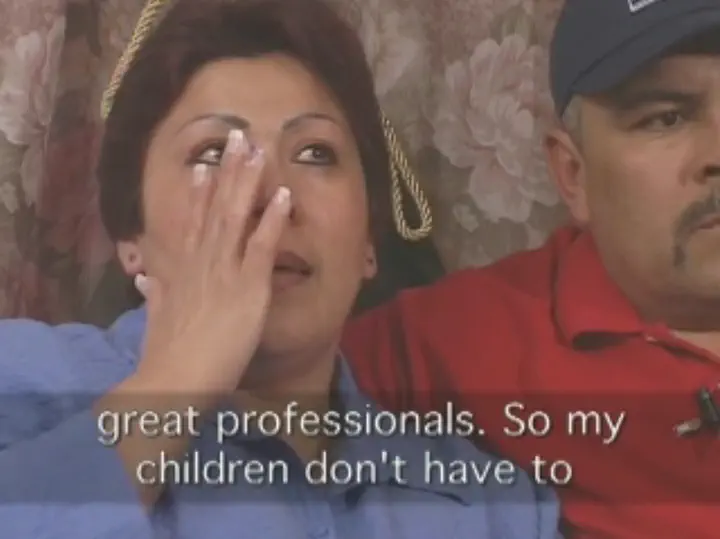Changing Hearts and Minds? Why Media Messages Designed to Foster Empathy Often Fail
 Image from treatment video used in Study 1 in the paper.
Image from treatment video used in Study 1 in the paper.Abstract
Politicians and social activists frequently employ media designed to change hearts and minds by humanizing out-groups. These messages, it is assumed, lead to empathic concern, which motivates individuals to reconsider punitive policy attitudes. How effective is this approach? Using two experiments, we find that while media messages humanized Latinos for all respondents, the treatment messages produced the largest empathy response among those with the most positive prior attitudes. A key intended target of the media messages—those with the highest pretreatment antipathy toward the out-group—reported a dramatically lower increase in empathy. In a second study, we show that unpleasant affect from dissonance is one important mechanism driving these differential results. In both studies, treatments designed to provoke increased empathic concern produced little change in policy attitudes. Thus, changing hearts using empathy-inducing media is a complex task, making the ability to change minds elusive.